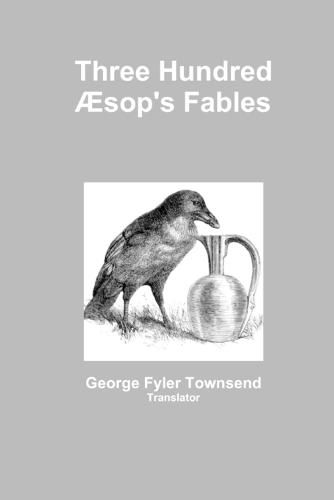Readings Newsletter
Become a Readings Member to make your shopping experience even easier.
Sign in or sign up for free!
You’re not far away from qualifying for FREE standard shipping within Australia
You’ve qualified for FREE standard shipping within Australia
The cart is loading…






This title is printed to order. This book may have been self-published. If so, we cannot guarantee the quality of the content. In the main most books will have gone through the editing process however some may not. We therefore suggest that you be aware of this before ordering this book. If in doubt check either the author or publisher’s details as we are unable to accept any returns unless they are faulty. Please contact us if you have any questions.
"[Aesop] was owned by two masters in succession, both inhabitants of Samos, Xanthus and Jadmon, the latter of whom gave him his liberty as a reward for his learning and wit. One of the privileges of a freedman in the ancient republics of Greece, was the permission to take an active interest in public affairs; and Aesop, like the philosophers Phaedo Menippus, and Epictetus, in later times, raised himself from the indignity of a servile condition to a position of high renown..."
$9.00 standard shipping within Australia
FREE standard shipping within Australia for orders over $100.00
Express & International shipping calculated at checkout
This title is printed to order. This book may have been self-published. If so, we cannot guarantee the quality of the content. In the main most books will have gone through the editing process however some may not. We therefore suggest that you be aware of this before ordering this book. If in doubt check either the author or publisher’s details as we are unable to accept any returns unless they are faulty. Please contact us if you have any questions.
"[Aesop] was owned by two masters in succession, both inhabitants of Samos, Xanthus and Jadmon, the latter of whom gave him his liberty as a reward for his learning and wit. One of the privileges of a freedman in the ancient republics of Greece, was the permission to take an active interest in public affairs; and Aesop, like the philosophers Phaedo Menippus, and Epictetus, in later times, raised himself from the indignity of a servile condition to a position of high renown..."